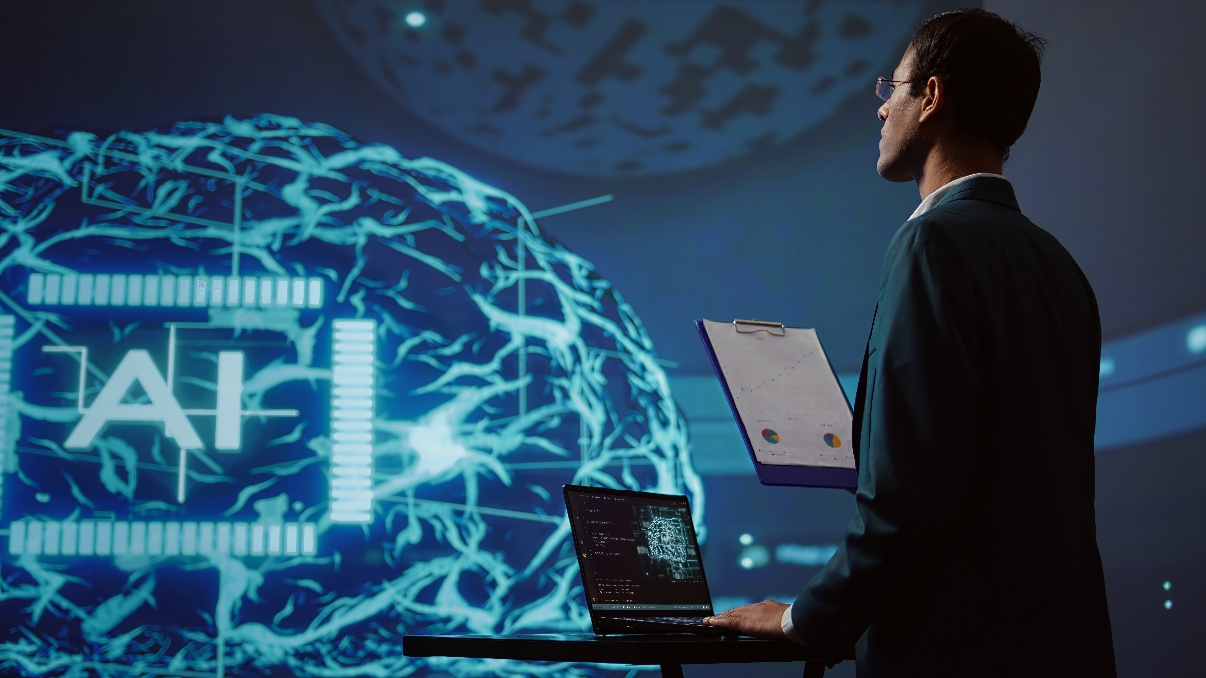Articles and Trivia
Write an articleInnovations in Education Across the World

Education is evolving rapidly, driven by advancements in technology, changing societal needs, and a growing emphasis on personalized learning. Across the globe, innovative approaches are transforming traditional educational systems, making learning more accessible, engaging, and effective.
1. Technology-Driven Learning
One of the most significant innovations in education is the integration of technology. Tools such as virtual reality (VR), augmented reality (AR), and artificial intelligence (AI) are enhancing learning experiences. For instance, VR allows students to explore historical landmarks or conduct virtual experiments, while AI-driven platforms provide personalized learning pathways tailored to individual needs.
2. Online and Blended Learning Models
Online learning platforms like Coursera, Khan Academy, and edX have revolutionized access to quality education. Blended learning models, which combine traditional classroom teaching with online resources, provide flexibility and enable students to learn at their own pace. This approach has been particularly effective in bridging gaps in education for underserved communities.
3. Gamification of Education
Gamification is making learning fun and interactive. By incorporating game elements such as points, badges, and leaderboards, educational platforms are increasing student engagement and motivation. This approach is widely used in teaching subjects like math, science, and languages.
4. Project-Based and Experiential Learning
Schools and universities worldwide are adopting project-based and experiential learning methods to encourage critical thinking and problem-solving skills. These approaches involve hands-on activities, real-world challenges, and collaboration, helping students apply their knowledge to practical scenarios.
5. Focus on Social-Emotional Learning (SEL)
Innovations in education now emphasize the importance of social-emotional learning, which focuses on developing skills like empathy, communication, and emotional intelligence. SEL programs are being integrated into curricula to prepare students for interpersonal challenges and enhance their overall well-being.
6. Microlearning and Bite-Sized Content
Microlearning is gaining popularity as an efficient way to deliver content. Short, focused lessons allow students to absorb information quickly and effectively, catering to modern attention spans and busy schedules.
7. Education for Sustainability
Globally, there is a growing emphasis on teaching sustainability and environmental responsibility. Schools are incorporating topics such as climate change, renewable energy, and conservation into their curricula, preparing students to tackle global challenges.
8. Inclusive Education Practices
Innovations in inclusive education are ensuring that students with diverse needs have equal access to learning opportunities. Technologies like screen readers, speech-to-text tools, and adaptive learning systems are breaking barriers and creating a more equitable educational landscape.


